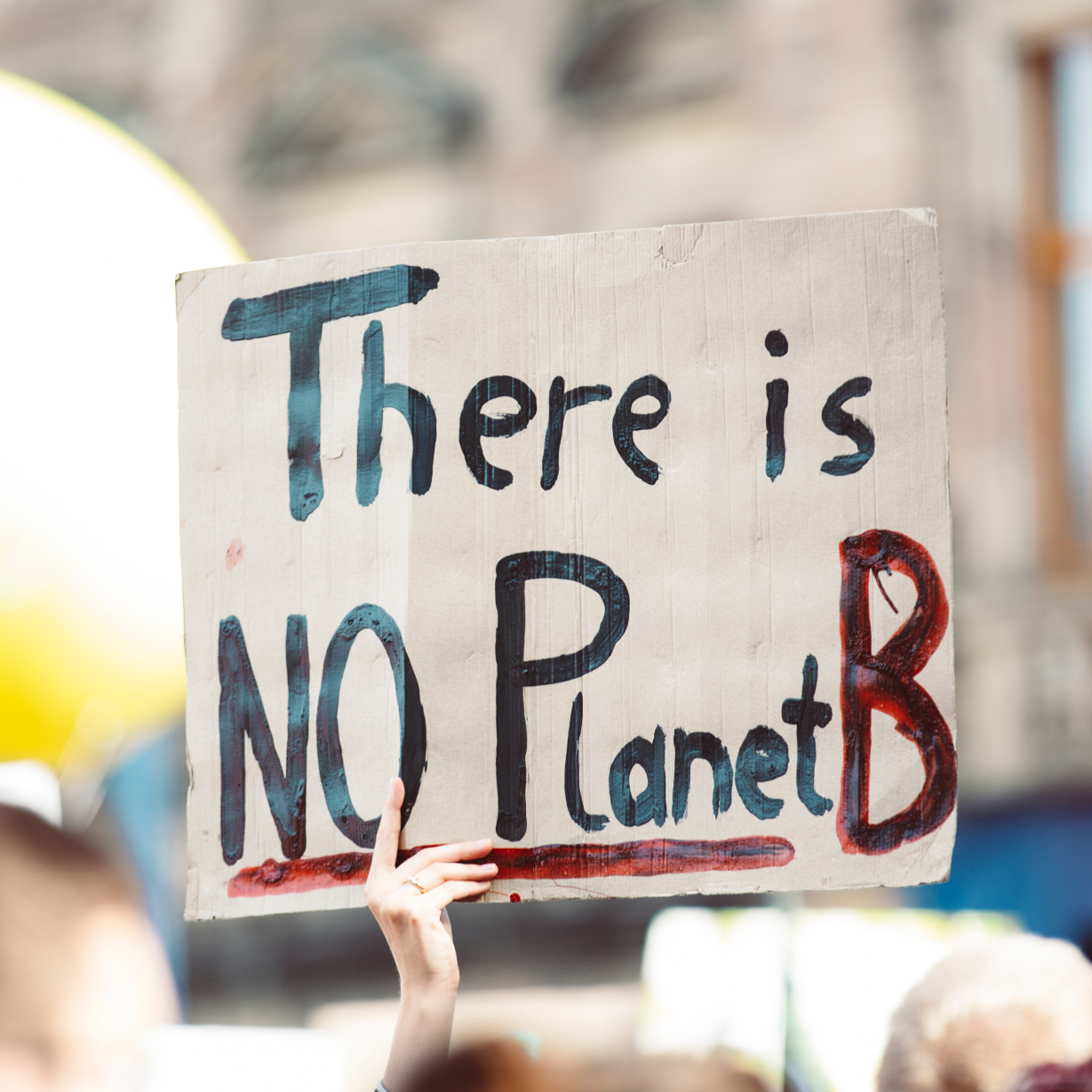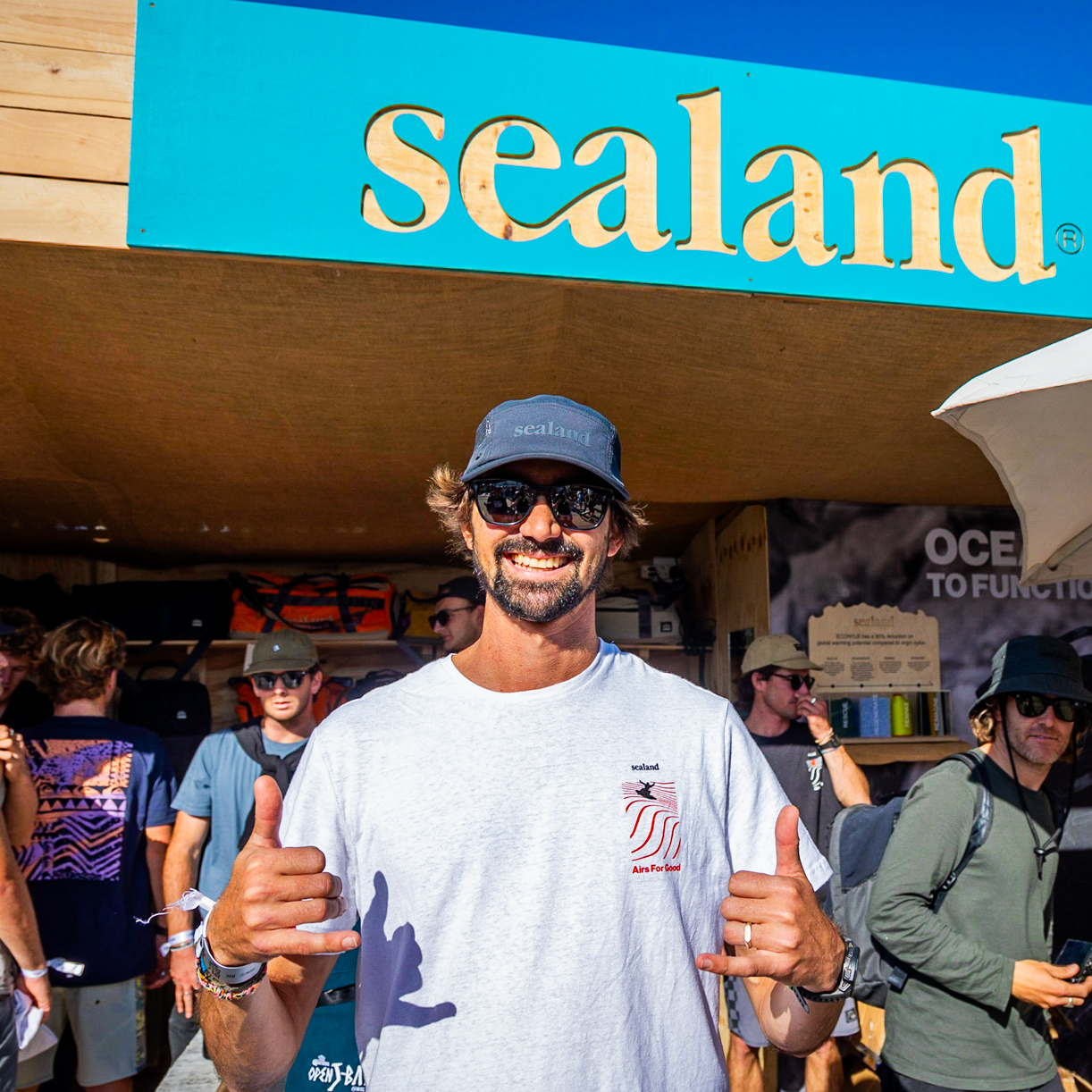by: Neil Midlane, Ph.D. (lifelong conservationist, adventurer, and academic)
3 min read
Not a day goes by that I don’t worry about the future of our planet. Maybe it’s because I work for a conservation organisation and am closely connected to what’s happening. It could be the constant negative news cycle about extreme weather events, collapsing fish stocks, wildlife poaching, disappearing forests, and bleached coral reefs. Is it the fact that I’ve always felt deeply connected to and inspired by the natural world we share? Or because I’m still young enough that the intersecting climate and biodiversity crises will significantly affect the rest of my life and, in so many ways, they already have. It’s definitely the state of the world that my children will grow up in. Actually, it’s all of these reasons.

There’s some small relief in knowing that I’m not alone in how I feel. A 2021 paper published in the journal Lancet Planetary Health (yes, one of the world’s leading academic medical publishers now has a journal dedicated to “enquiry into sustainable human civilisation in the Anthropocene”) reported the results of a survey of 10,000 children and young people (16-25yrs) across 10 countries that investigated the extent of their concerns about climate change. 59% were very or extremely worried. More than half reported feelings of sadness, anxiety, anger, powerlessness, helplessness, and guilt. 75% think the future is frightening. 83% think people have failed to take care of the planet.
In a 2017 report titled Mental Health and Our Changing Climate: Impacts, Implications, and Guidance, the American Psychology Association describes eco-anxiety as “a chronic fear of environmental doom” created by the stress that comes from watching the “slow and seemingly irrevocable impacts of climate change unfold, and worrying about the future for oneself, children, and later generations."

Whilst eco-anxiety is not (yet) an officially diagnosable psychological condition, it’s definitely an accurate description of how I feel. I’ve no doubt that most of the people reading this will feel the same.
An emotion closely linked to eco-anxiety is ecological grief, which, in the climate and biodiversity context falls under the concept of “solastalgia”: the sadness that comes with a “lived experience of negatively perceived change to a home environment.” Historically, this was often a localised phenomenon linked to the damage caused, for example, by the destruction of a forest to develop a mine. These days, the home environment has expanded to a planetary scale, and the prevalence of solastalgia has spread accordingly. I definitely feel a deep sense of sadness when I contemplate the damage we’ve already done.
But it’s not just anxiety and grief; there are other emotions at play too. Like anger. Anger that so many people continue to be caught up in a consumer society driven by a linear economy that extracts resources from wild places to make cheap trinkets that are enjoyed for a few days before polluting our lands and oceans for the next 1000 years.
Anger that political and business “leaders” across the world have, for decades, wilfully ignored or intentionally downplayed climate and biodiversity issues, driving “business as usual” for their own gain and pushing the planet’s ecological boundaries to breaking point.

Anger that these same people continue to champion “GDP growth” on the back of an extractive, consumptive economy that privatises profits whilst externalising environmental costs onto society.
Anger that the fossil fuel industry is so powerful that it continues to drive government agendas, receive massive subsidies, and chase more extraction despite climate science being clear that every new oil well will push us that much closer to the brink.
These feelings of anger and frustration at government inaction are high amongst the young people surveyed in the Lancet paper, with about 60% feeling that governments are “not doing enough to avoid a climate catastrophe”, “betraying me and/or future generations” and “cannot be trusted”.
And then there’s guilt. Guilt that I’m not doing enough to make change happen. Sure, we recycle, we use environmentally safe cleaning products, we’ve significantly reduced how much meat we eat, and we think about the ecological footprint of what we buy. We Refuse, Reduce, Reuse, and Recycle as best we can. But when I look around, it seems like it’s never enough, and there’s always more to do.

So if these emotions of eco-anxiety, sadness, anger, and guilt are so prevalent amongst us, and large-scale solutions to the climate and biodiversity crises so elusive, what can we do to help us cope better as individuals?
The easy, short-term option would be avoidance. Ignoring the issues altogether, mentally reducing the size of the threat, and avoiding the emotions. Unfortunately, the relief obtained from these approaches is temporary and over the long term, as with the avoidance of any other negative experience, will likely lead to even greater distress.
The alternative is what the Climate Psychology Alliance, in its very helpful “Handbook of Climate Psychology” refers to as “ecologically adaptive coping responses.” These include actions such as seeking accurate, non-alarmist information on the crisis, engaging with our emotions (such as through mindfulness), increasing our compassion for human and non-human others, and connecting with nature.
Other suggestions (from Choosing Therapy) include limiting your media consumption (especially the “doom-scrolling” of social media), exploring realistic lifestyle changes, and being patient with yourself and others.
I know that for me, getting out into the wilderness, especially with my family, is the best way of managing the pervasive negative emotions that arise from facing these challenges. It helps to restore the connection that, deep down, I believe we all have with our natural world.
But most importantly, it reminds me that there is still so much worth fighting for.






